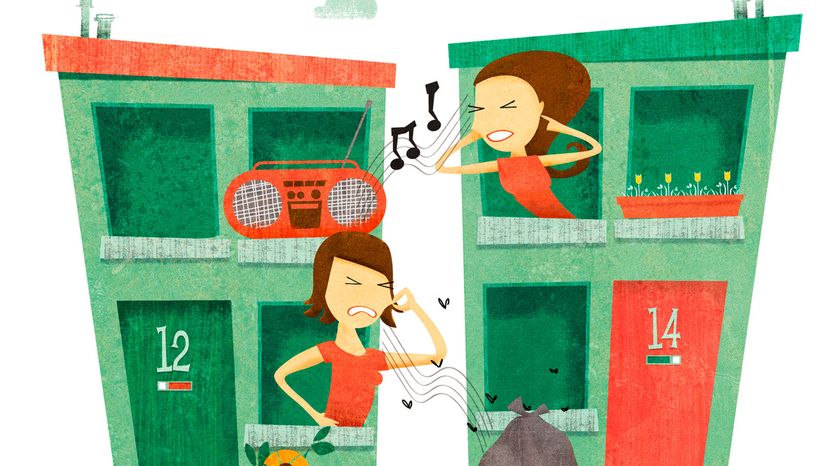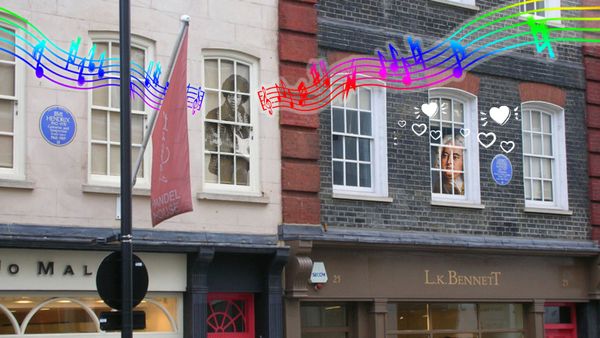Even though he is a trial lawyer, Matthew White spends a lot of time helping clients avoid going to trial. When it comes to noise complaints between neighbors, he's a big fan of mediation, not litigation. Mediation is a voluntary process in which the warring parties meet with a neutral mediator to find a workable solution.
"If we go to court, I'm going to hate that person," says White. "The worst of both of us is going to come out. Through mediation, we can find creative solutions that are not available in court and both of us can go away thinking we got what we needed."
Mediation is a form of "alternative dispute resolution." Instead of one neighbor suing another and letting a judge or jury decide their fate, in mediation both neighbors meet with a neutral party, a mediator, to work out their own solution to the problem.
White is a trained mediator and co-author, with Lynn Duryee, of "Mastering Mediation: 50 Essential Tools for the Advanced Practitioner." He says that after 40 years in the legal field, he wishes more people knew about the many advantages of mediation over litigation.
First, mediation is a lot less expensive than a lawsuit. There may even be a low-cost mediation service operated by your local government or court system. Even if you have to pay a private mediator by the hour, it's still going to be significantly cheaper than paying lawyer's fees for a trial.
Second, if you go to court, your options for resolving the issue are very limited. The judge can either issue an injunction, award you damages or rule in favor of your neighbor, in which case you get nothing but a big bill from your lawyer. But with mediation, the range of options is virtually unlimited.
"In mediation, anything that can make this problem go away is on the table," says White.
This only works, he says, if both sides are willing to compromise. For example, your neighbor might agree to stop playing music at 10 p.m., but only if you trim those trees in your backyard that block his view. That's a solution that would not come up in court, because your neighbor's view wasn't the subject of the lawsuit.
The one downside with mediation is that the mediator has no legal authority to make the parties come to an agreement or to comply with that agreement. The mediator is a "neutral," not a judge or even an arbitrator. A good mediator knows how to help feuding neighbors find a reasonable common ground and walk away with a solution they can live with. It's then up to the neighbors to do their part to keep the peace.



